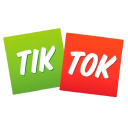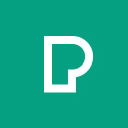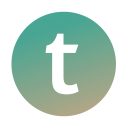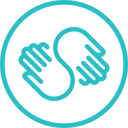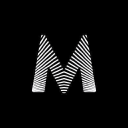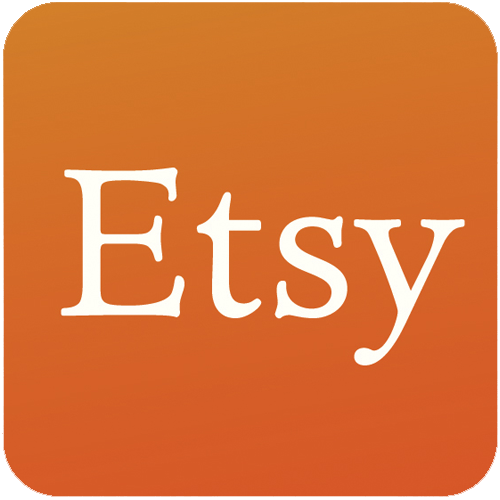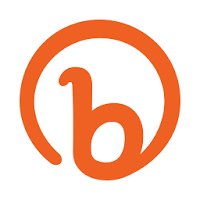I Launched A $30K/Year Etsy Shop That Sells Resume Templates [Side Hustle]
Hello! Who are you and what business did you start?
Hi, my name is Ana Colak-Fustin and I am the founder of ByRecruiters, a website and resume shop for job seekers (originally named Recommended By Recruiters). In 2018, I started an Etsy shop selling resume templates that have since supported over 6,000 job seekers on their career journey.
My core products are functional and minimal resume templates designed for corporate professionals. I also offer digital job search tools, such as job search planners and workbooks, as well as 1:1 job search services, including job search coaching and job search assistance that can best be described as outsourcing of a job search.
Since 2018, I have sold over 6,000 resume templates supporting job seekers from 50+ countries. Today my business brings in between $1,500 to $4,000 per month.









